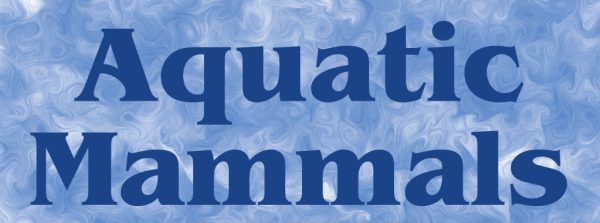Abstract: The general consensus of a rapidly changing ocean ecosystem being affected by anthropogenic activities needs to be understood in relation to both wildlife and human health. The risks and challenges for the Philippines include lack of scientific information on waterborne diseases that are potentially zoonotic. The present study fills in this knowledge gap by detecting the occurrence of bacteria, Giardia, and Toxoplasma gondii in locally found cetacean species. Cetaceans (n = 30) that stranded from January 2012 through March 2013 were appropriately responded to, and biological materials were taken whenever applicable. A total of 25 bacteria were isolated from nine stranders. Phenotypic and genotypic methods of isolate identification yielded 12 consensus genera: Acinetobacter, Aeromonas, Burkholderia, Enterococcus, Moraxella, Proteus, Providencia, Rhizobium, Serratia, Sphingomonas, Staphylococcus, and Vibrio. No screened strander was positive for Giardia. Serological assay detected antibodies for T. gondii in five stranders, while nested polymerase chain reaction positively amplified the B1 gene of the parasite in two stranders. This study provides the first report on bacteria and T. gondii in cetaceans found in the Philippines. Since the detected microorganisms include species recognized to cause new infections in marine mammals worldwide, the findings of the study underscore the potential of stranded cetaceans to serve as sentinels for studying the movement of emerging pathogens in marine habitats, provide clues on the health status of their free-ranging populations, and present the health risks available to humans who share the same water resource with them.
Key Words: cetaceans, strandings, bacteria, Giardia, Toxoplasma gondii, sentinels
Document type: Research article
DOI: http://dx.doi.org/10.1578/AM.41.2.2015.149
Page Numbers: 149-166

